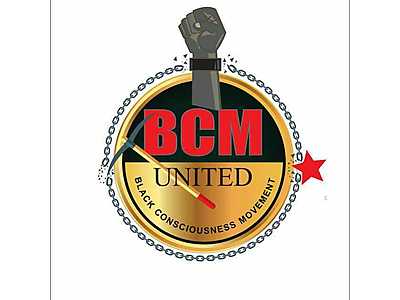Black Consciousness Movement United
Black Consciousness Movement United Home
There has been a persisting tendency that permeates the political spectrum of conceptions of blackness and the fundamental aspects of its trajectories. Biko argued that black consciousness would be irrelevant in a world without racism. As such, Biko, as one of the many voices and luminaries, that articulated the politics of the black consciousness philosophy has been placed by reactionaries in the auction box of the markets; a commodity to be bought and to be sold. However, we in the Black Consciousness Movement United recognize that South African politics have reached a point of impulse and extreme essentialism.
The impulse tendencies are historic and explain why a democratic “(s) elected” government would allow itself to pay apartheid debt to institution such as the IMF and World Bank. These are institutions that financed apartheid and now have become bankrollers of so-called democracy, coupled with neoliberalism, flawed microeconomic policies and international support that negates black sovereignty. The essentialism today is present through the vulgar of distortions and appropriation of ideas and figures. While elusive and lucid logic would have us believe that Biko is contested we know better that there is no contestation of a black consciousness leader, comrade and revolutionary of the black consciousness movement.
The relationship of the Black Consciousness Movement with Biko is not essentialism, romantic and even cultural but purely political. His life and death were imbued in black politics and black life to an extent that he ascribed his death as a “politicizing thing”. This point is critical in order to negate distortions and appropriations that run rampant when Biko or the Black Consciousness Movement is concerned. Huey P Newton described the struggle through the lenses and principles of geometry thereby pointing out that revolutionaries and the revolution are scientific in approach, theory and praxis.
Newton argued for the case of the parts that make up the whole and he further argues that whether revolutionaries are jailed or killed the ideas that they represent are of the whole made out of the many parts. Huey argued that: “Walls, bars, guards and guns cannot hold down or suppress an idea”. We can argue by the same logic that whatever the reasons for Father Stubbs to compile Biko’s writings from the SASO Newsletters, Biko’s had been lifted from the whole. The liberals, academics, spectators and renegades could therefore claim Biko out of his own organization.
Sign in to add your comment.

